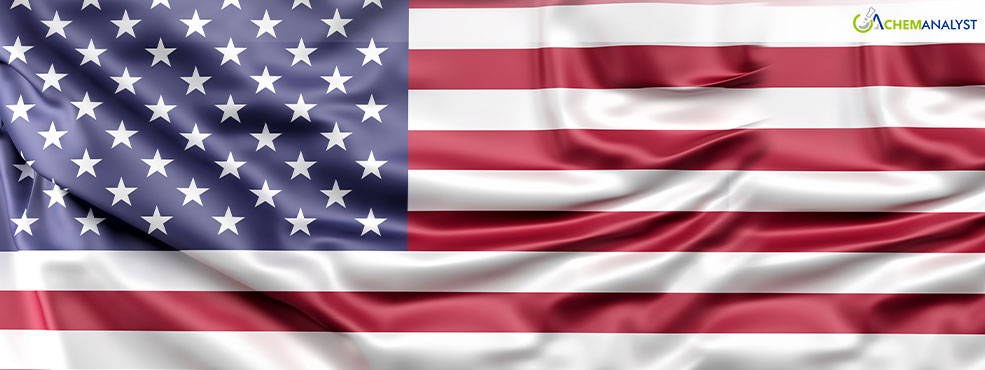Welcome To ChemAnalyst

U.S. President Joe Biden’s decision to block Nippon Steel Corp.'s $14 billion acquisition of U.S. Steel has sent shockwaves through Japan’s business community, raising alarms over the potential fallout for industries far beyond steel, particularly the chemical sector. While the U.S. government’s intervention is seen as an attempt to safeguard national security, the move is sparking debate, as many in Japan's corporate world worry about the future of bilateral relations and the broader implications for investment strategies.
At a high-profile New Year’s event on January 7, business leaders from Japan’s key economic groups voiced concerns that Biden’s decision could signal a shift in the trade relationship between the two allies. Masakazu Tokura, chairman of Keidanren, Japan’s largest business federation, expressed unease over the growing protectionist sentiment in the U.S. “The United States has long championed free trade and open markets. This sudden about-face raises questions about future trade dynamics,” Tokura said.
The chemical industry, which has been actively expanding into the U.S. market, is particularly sensitive to such shifts. Takeshi Niinami, chairman of Keizai Doyukai and president of Suntory Holdings, acknowledged the disappointment within Japan's business community. “We have seen continuous growth in the U.S., and we must now assess whether such political developments will affect our strategy moving forward,” Niinami remarked. The chemical sector has traditionally benefitted from the U.S. being an attractive market for technology and investment.
However, the steel sector’s troubles are not isolated. Leading figures in Japan’s chemical companies, such as Shiro Kondo, president of Fuji Electric, highlighted the potential ripple effect. “While we may not foresee a direct impact on investments like ours, the political and economic environment is clearly shifting,” Kondo noted. The uncertainty surrounding Biden’s protectionist policies could force companies to recalibrate their future strategies, particularly in terms of acquisitions and partnerships in the U.S.
Masanori Togawa, chairman of Daikin Industries, which has made major acquisitions in the U.S., voiced similar concerns. The company has made significant inroads in the American market, particularly in air conditioning, and has long viewed the U.S. as a growth hub. "Our decisions on acquisitions will now factor in more than just synergies and growth strategies. We will need to account for potential security concerns,” Togawa explained.
The decision, influenced by the powerful United Steelworkers union, which lobbied heavily against the deal, adds a layer of complexity for Japanese firms. Critics argue that the Biden administration may have been swayed by union support ahead of the upcoming presidential election. The question remains: will other sectors, including chemicals, face similar scrutiny in the future?
With the U.S. political climate poised for further upheaval with Donald Trump’s potential return to office, the chemical industry faces an uncertain future. As Kei Uruma, president of Mitsubishi Electric, put it, “Japan and the U.S. are allies, but we must be prepared for changing circumstances, including tariffs and unpredictable policy shifts.”
The steel debacle serves as a cautionary tale for Japanese companies across industries, urging them to carefully navigate an increasingly unpredictable U.S. market.
We use cookies to deliver the best possible experience on our website. To learn more, visit our Privacy Policy. By continuing to use this site or by closing this box, you consent to our use of cookies. More info.
